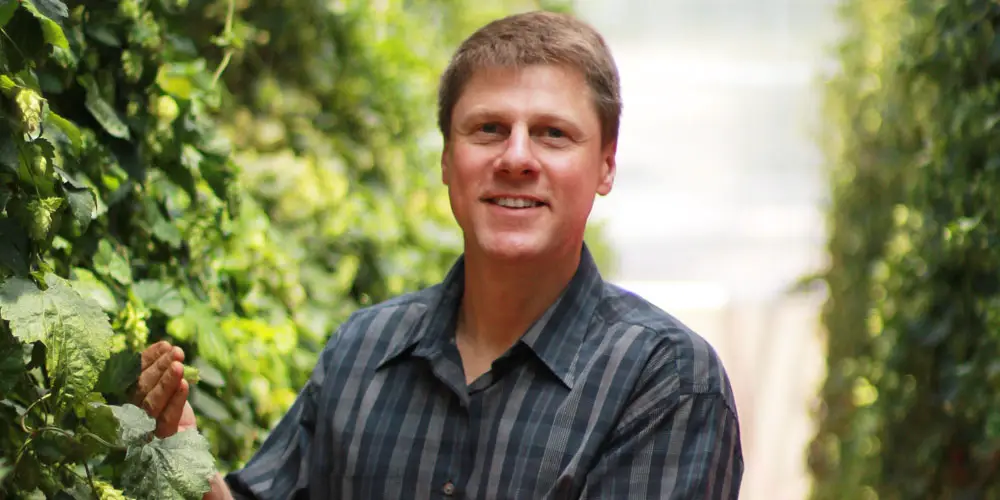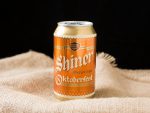Office Hours with Bill Bauerle
The Colorado State professor is using new methods of hop production to make beer better, cheaper and more quickly.
By Josephine Werni, University of Minnesota Twin Cities
Dr. Bauerle, a horticulture professor at Colorado State University, recently pioneered a method of hydroponic hops production.
By creating the ideal artificial environment for their growth, Dr. Bauerle has discovered a way to produce large quantities of high quality hops at 3-5x the regular harvest rate.
Hydroponic technology isn’t new—it’s been successfully applied to other types of crops such as hemp. What inspired you to try it with hops?
There are two reasons I had to try. First, we have brand new, top-of-the-line horticulture green house facility here at Colorado State; and second, I also really love craft beer. It’s very popular in Colorado, so the brewers themselves have a need for local hops.
The problem is that they can’t really get any consistent quality ones because hops are primarily grown on the other side of our state, about five hours away. There is a local need here for a quality hop, and I figured I might be able to provide something like that.
When employing traditional methods, hops aren’t really useable until their third harvest, correct? How does this compare with your hydroponic method?
Yeah, when they grow in the field, hops are starting from rhizomes, which are perennial underground storage organs.
What happens is the organism has to build up carbohydrate reserves over time, so the first year there’s no yield. The second year there’s a yield, but not a substantial one. It’s not till the third year that they get a substantial yield.
However, I circumvented that technique; I basically use canal-propagating material, so I literally have a full harvest in three-and-a-half months.
How economical is your method of growing hops compared to the traditional one?
There’s no question that greenhouses cost money. However, hops are grown differently in the green house. You can get three crops minimum per year, which is two more crops than they would have gotten in the field.
They’re also growing at 10x the density and yield essentially 300 percent more than normal methods. It becomes economically viable at that point, especially for what they call fresh or wet hops, which demand a much higher market value.
Have any breweries started brewing with your hops?
Yes, Odell Brewing Co. was the first and Course & Dragon is the second.
What feedback have you gotten from the breweries that are using your hops?
The hops are welcomed because the quality is so much higher. Analysis of the chemical profile indicates that the levels of the alpha acids and essential oils, which provide the flavor and aroma, are nearly triple the average.
The comparison is usually fresh herbs versus dried herbs, in that the method creates a flavor profile that’s much smoother.
What effects do you think that this technology will have on the craft beer industry?
Because of the craft beer movement, demand for hops continues to lead on a linear ride every year, so this could help satisfy brewers’ needs.
Craft brews also tend to be much hoppier than product made by large producers, which leads some micro-breweries to use as many as 5x more hops than their larger competitors. So craft breweries in particular can really benefit from this.











